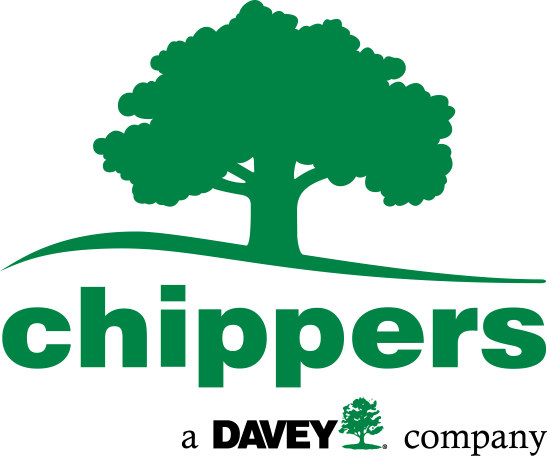
Grubs love a sunny lawn with warm soil
Grubs in your lawn right now and into the fall are likely hidden beneath brown grass. While crows and skunks may alert you to this lawn problem, grubs are growing fat thanks to the hot, dry summer. Grubs destroy the root system (or whatever it is they do!) so it is important to take action against this lawn pest. What is a home owner to do?
Take action this fall before winter arrives. To reduce the grub population, your lawn can be sprayed several times with cedar oil for an organic approach or more traditional products can be applied. One hundred percent control should not be expected since the larger the grub, the harder they are to knock down. Any reduction in the population will be helpful, especially if you have animals digging on a nightly basis.
The same method of grub reduction can be employed next spring for additional results. I do not normally endorse wide spread use of preventative action toward insects in general, mostly because in a normal year insects are usually kept in balance. However, this dry, hot year is anything but normal, so added control measures are certainly prudent. The best approach for lawns with a history of insect damage would be to consider a preventative treatment in 2013 which will provide the highest degree of satisfaction.
If your lawn has experienced severe damage, renovations are better done this fall including seeding, topdressing, liming, and fertilizing to help set the stage for 2013. Failure to repair damage this fall means you miss out on warm soil, cool nights, and generally warm days; ideal grass growing weather. An added bonus is the absence of annual weeds and crabgrass which will not interfere with fall seeding results compared to waiting for the spring of 2013 when they will thrive. In general, seeding is best done in the fall because of these important factors.
If you suspect your brown lawn has more than a water issue, give your local turf expert a call and get it checked out before you carve that Halloween pumpkin!

